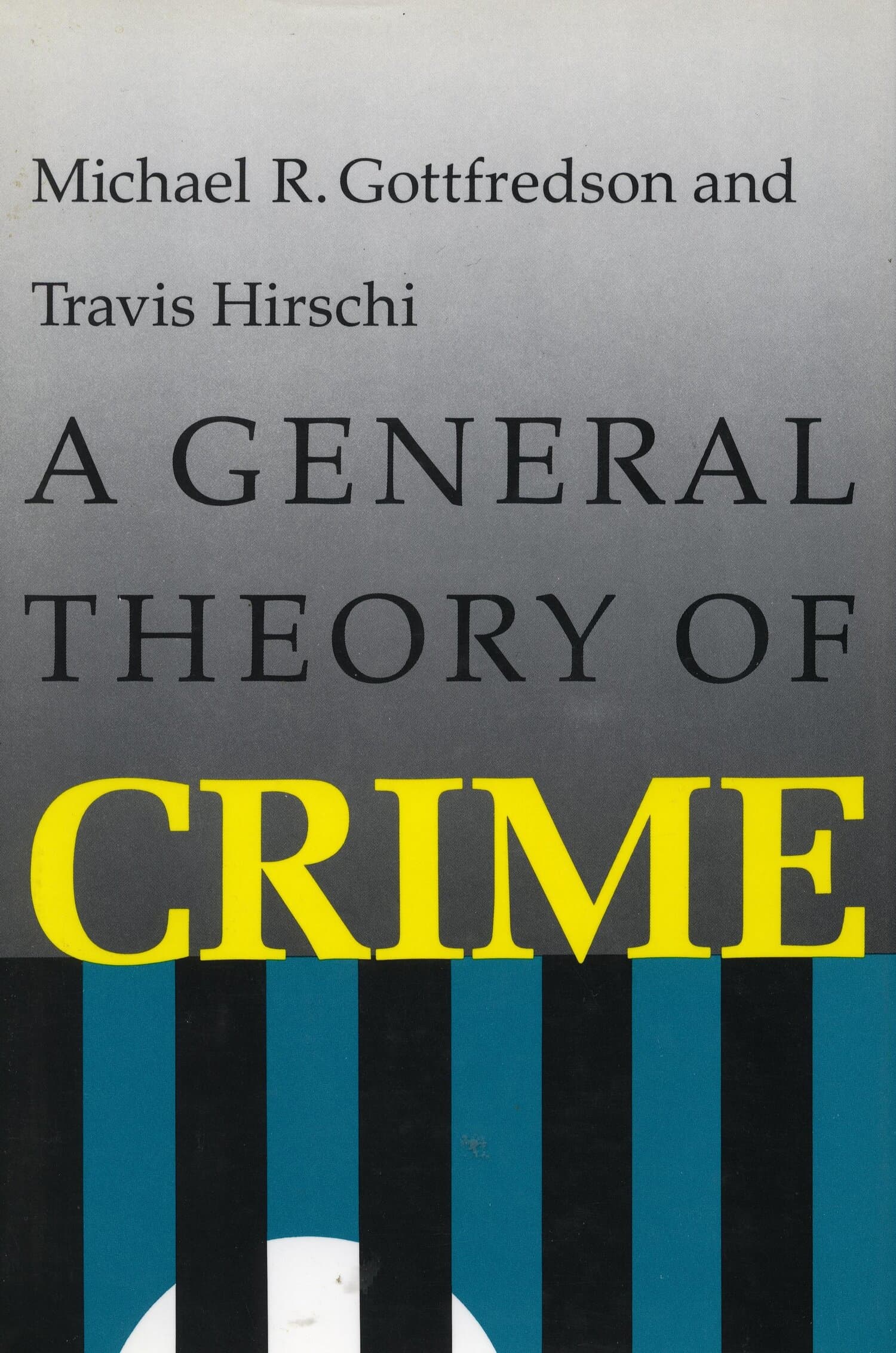Crimesploitation

"Due to the graphic nature of this program, viewer discretion is advised." Most of us have encountered this warning while watching television at some point. It is typically attached to a brand of reality crime TV that Paul Kaplan and Daniel LaChance call "crimesploitation": spectacles designed to entertain mass audiences by exhibiting "real" criminal behavior and its consequences. This book examines their enduring popularity in American culture. Analyzing the structure and content of several popular crimesploitation shows, including Cops, Dog: The Bounty Hunter, and To Catch a Predator, as well as newer examples like Making a Murderer and Don't F**K with Cats, Kaplan and LaChance highlight the troubling nature of the genre: though it presents itself as ethical and righteous, its entertainment value hinges upon suffering. Viewers can imagine themselves as deviant and ungovernable like the criminals in the show, thereby escaping a law-abiding lifestyle. Alternatively, they can identify with law enforcement officials, exercising violence, control, and "justice" on criminal others. Crimesploitation offers a sobering look at the depictions of criminals, policing, and punishment in modern America.
"Kaplan and LaChance show that crimesploitation programs help to maintain the status quo of the neoliberal carceral state. Crimesploitation's focus on individual pathology as a cause of crime and 'law and order' as the solution to crime steers viewers away from important structural causes of crime and the need for reform in the criminal justice system and society-at-large. They do so while exploiting people in their worst moments, showing a 'reality' of crime that carefully avoids being too real."—Andrew J. Baranauskas, Criminal Law and Criminal Justice Books
"[Crimesploitation] presents a well-grounded, readable argument for rethinking crime and justice reality television. It is unhesitantly recommended."—Ray Surette, Criminal Justice Review
"Kaplan and LaChance provide excellent and easily digestible accounts of the politics of reality TV crimesploitation, and their emphasis on connecting media representations of crime and punishment to existing social, political, and economic inequalities in the neoliberal era will provide political scientists, sociologists, and media scholars with abundant resources to continue exploring the relationship between popular culture and the practices and ideologies of policing in America."—Emma Cytrynbaum, Law, Culture, and Humanities
"This book is a critical and timely work that sheds light on the darker side of reality television.... Crimesploitation provides an essential framework for understanding the cultural and ideological underpinnings of crime-related reality television and its broader societal impacts."—Brandon Golob, International Journal of Communication




